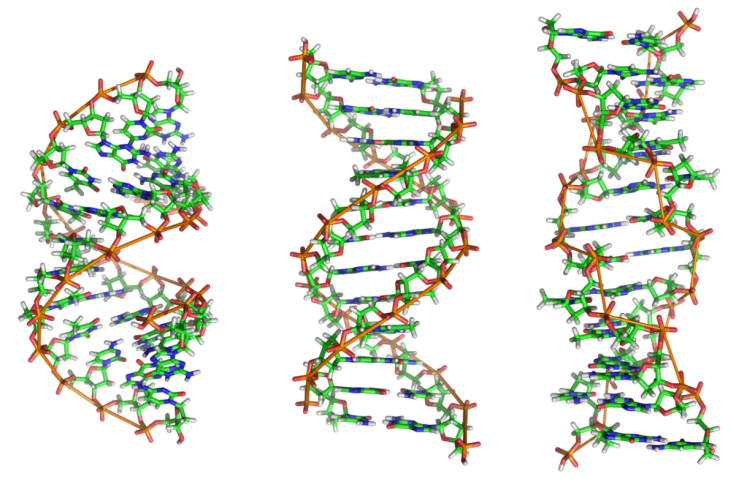Schizophrenia is 'Orchestra' of Eight Genetically Distinct Disorders with Own Symptoms

Schizophrenia is not a single disease but a combination of eight disorders, each with its own set of symptoms, new research has found.
The finding is a step towards improving diagnosis and treatment of the debilitating psychiatric illness.
Around 80% of the risk of schizophrenia is known to be inherited, but scientists have struggled to identify specific genes for the condition.
Now, in study of more than 4,000 people with schizophrenia, researchers at Washington University School of Medicine have discovered distinct gene clusters that contribute to eight different classes of the illness.
"Genes don't operate by themselves," said researcher C. Robert Cloninger. "They function in concert much like an orchestra, and to understand how they're working, you have to know not just who the members of the orchestra are but how they interact."
For the research, scientists analysed nearly 700,000 sites within the genome where a single unit of DNA is changed, often referred to as a single nucleotide polymorphism (SNP). They looked at SNPs in 4,200 people with schizophrenia and in 3,800 without, learning how individual genetic variations interacted with each other to produce the condition.
When the researchers organised the genetic variations and the patients' symptoms into groups, they found particular clusters of DNA variations acted together to cause specific types of symptom.
In some patients with hallucinations or delusions, for example, the researchers matched distinct genetic features to patients' symptoms.
In another group, they found that disorganised speech and behaviour were specifically associated with a set of DNA variations that carried a 100% risk of the illness.
"What we've done here, after a decade of frustration in the field of psychiatric genetics, is identify the way genes interact with each other, how the 'orchestra' is either harmonious and leads to health, or disorganised in ways that lead to distinct classes of schizophrenia," Cloninger said, as reported in Time.
Although individual genes have only weak and inconsistent associations with schizophrenia, groups of interacting gene clusters can create an extremely high risk of illness, of between 70 to 100%. This makes it almost impossible for people with those genetic variations to avoid the condition.
"In the past, scientists had been looking for associations between individual genes and schizophrenia," explained Dragan Svrakic, a co-investigator and a professor of psychiatry at Washington University.
"When one study would identify an association, no one else could replicate it. What was missing was the idea that these genes don't act independently. They work in concert to disrupt the brain's structure and function, and that results in the illness," Svrakic told the Tech Times.
The research was published in the American Journal of Psychiatry.
© Copyright IBTimes 2025. All rights reserved.























